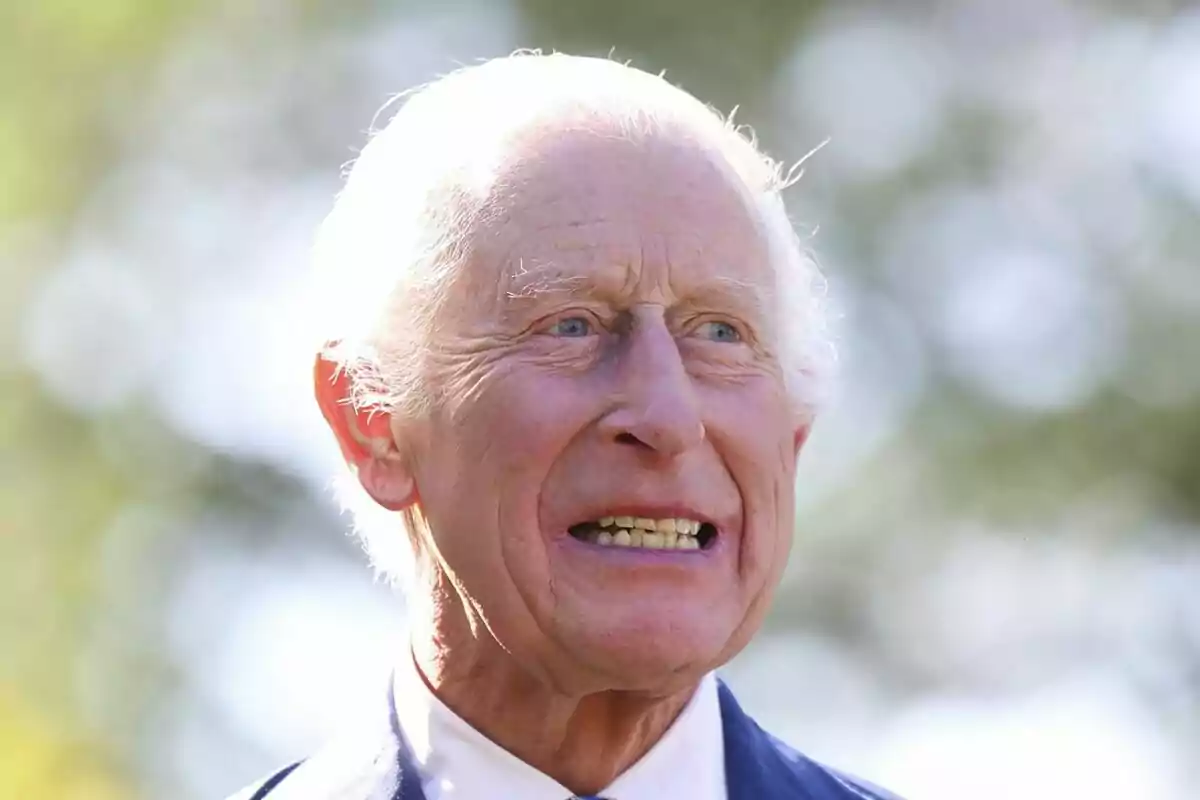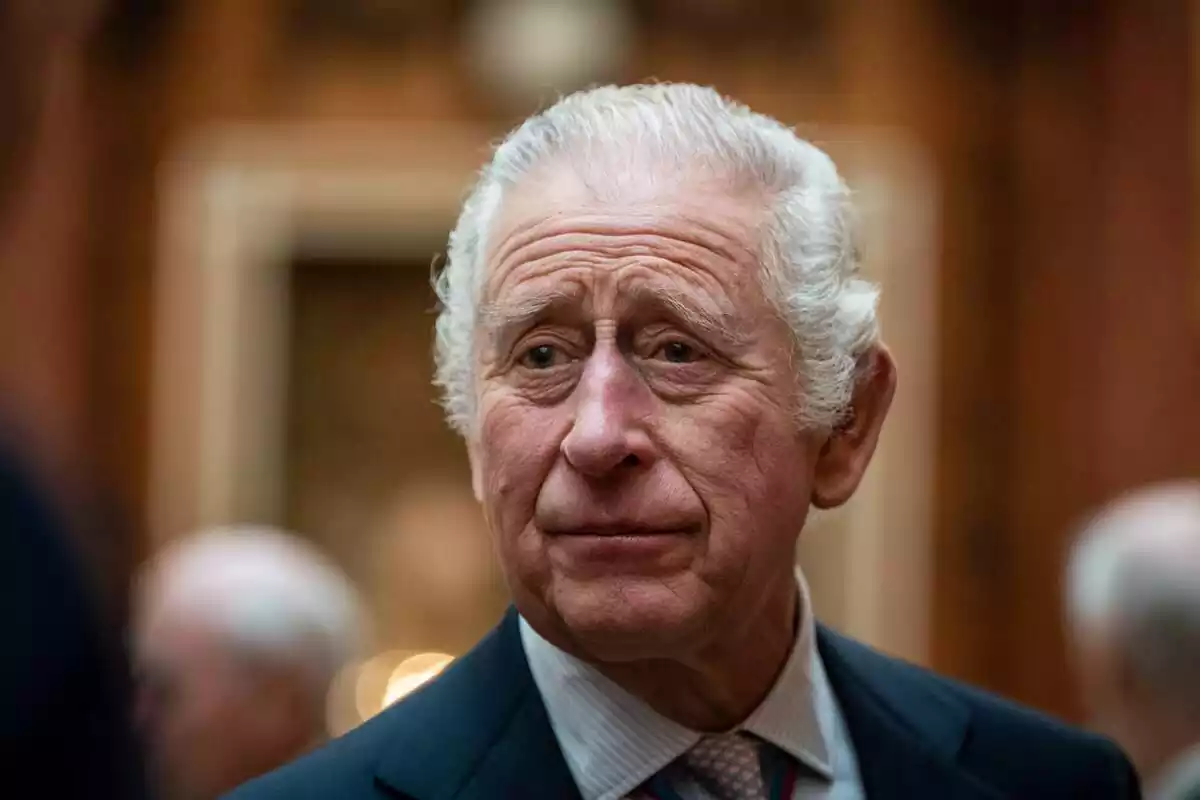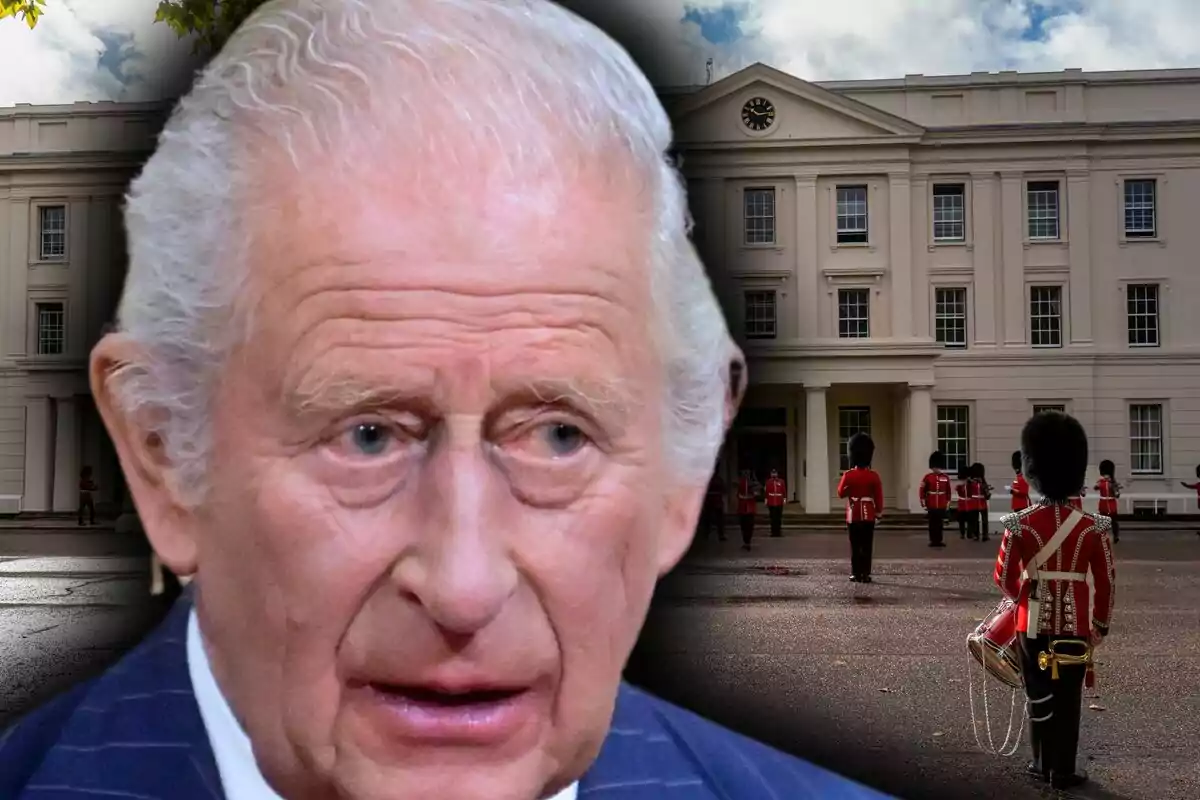King Charles III has been at the center of an event that is shaking the foundations of Buckingham Palace. This unexpected move by the monarch has caused a strong reaction in various circles, not only in the United Kingdom but also at an international level. The issue goes far beyond a simple protocol act and is generating an intense debate.
Although Charles III is known for his caution and experience, this time his decision has sparked a wave of outrage and concern. The news has spread quickly, creating an atmosphere of unprecedented diplomatic tension. The details about this event have captured the attention of European royalty and global politics.

A gesture with multiple interpretations
For decades, the British Royal House has carefully managed the symbols of their power and authority. However, whenever a significant change arises, its political and symbolic impact is closely scrutinized. History shows that some gestures can be interpreted in very different ways, depending on the context.
The symbols associated with the monarchy carry special weight, as they represent continuity and national identity. That's why any modification or public appearance of these elements usually sparks varied reactions. Experts point out that these acts go far beyond protocol and have diplomatic implications.
In this regard, the recent initiative by King Charles III has caused different opinions. While some see it as a necessary and positive update, others consider it provocative and controversial. The interpretation that each sector gives to this action will determine the consequences in the near future.

The new banknotes in the Falklands, the center of the controversy
On August 14, a new series of banknotes for the Falkland Islands was launched, which has been the epicenter of the commotion. These banknotes feature the image of King Charles III on the front, something that has sparked a strong international reaction. For the United Kingdom, it is a symbol of respect for local identity, but not everyone sees it the same way.
Argentina, for example, considers this action a direct provocation and an obstacle to the peaceful resolution of the sovereignty conflict. From Buenos Aires, the United Kingdom is accused of using currency as a political tool to legitimize its colonial control. This stance has further strained diplomatic relations between the two countries.
In addition, the issue incorporates representative elements of local fauna and flora, such as the albatross, the king penguin, and the national flower Pale Maiden, designed by artist Louise Clarke. Although the design aims to modernize the island economy, the presence of the monarch has been interpreted as a clear political message. The controversy has sparked an intense debate both inside and outside Europe.

Repercussions and challenges for the monarchy
This is the first renewal of banknotes in the Falklands since 1984, which adds symbolic importance to the act. It is estimated that the old banknotes will remain in circulation until mid-2026, at which point they will be officially withdrawn. The magnitude of this change can't be underestimated, as it touches on sensitive issues at an international level.
European royalty show growing concern, seeing this gesture as a reaffirmation of British control over a disputed territory. At the same time, Argentina remains firm in its claim for a peaceful solution and the decolonization of the islands. Diplomatic tension could affect relations in the region and globally.
For King Charles III, this episode represents a new challenge in his reign. Keeping the balance between national demands and international pressures is not an easy task. This conflict shows how the British monarchy continues to be a relevant and, at times, controversial actor on the world stage.

